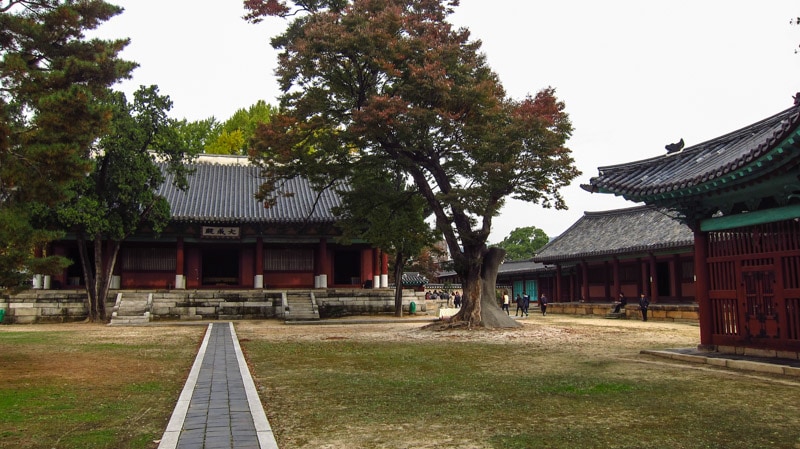
Seoul Munmyo is a shrine dedicated to Confucius, his disciples, and other great scholars. In the past, it has also gone by the name Munseonwangmyo. During the Joseon Dynasty, the buildings were used as an educational institution.
Seoul Munmyo was first built in 1398 during the 7th year of the reign of King Taejo. Taejo was the first king of the Joseon Dynasty who ruled from 1392 to 1398.
The design of the shrine is plain and simple. Much of it was rebuilt in 1606. Over the years it has been rebuilt and repaired many times, with the last repairs occurring in 1869 during the reign of King Gojong.
The national ruling ideology during the Joseon Dynasty was Confucianism. The purpose of the shrine was to hold sacrifices to honor Confucius and his disciples. To this day, a ceremony known as Seokjeonje, is performed here every year in spring and autumn in honor of Confucius.
The shrine is split into two areas. Daeseongjeon houses the shrine and was used for ancestral sacrifices. The other section if for education. Myeongryundang are the classrooms. Dongjae and Seojae are the dormitories. Jongyeonggak is the library and Yanghyeongo is for supporting facilities.
Today, the shrine is located on the grounds of Sungkyunkwan University.
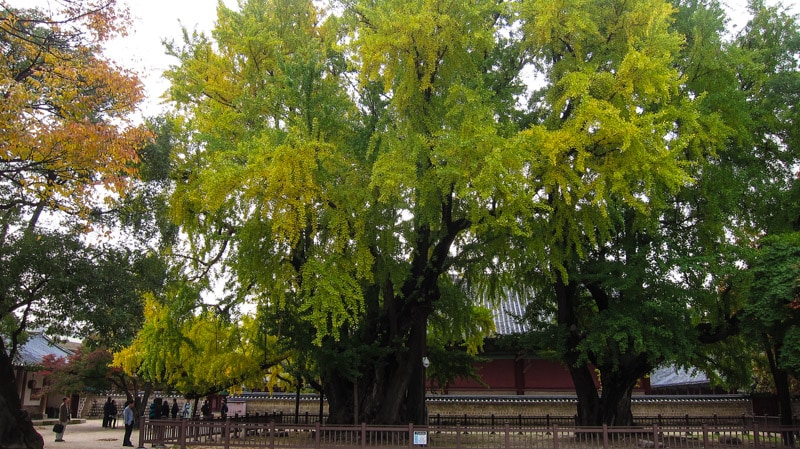
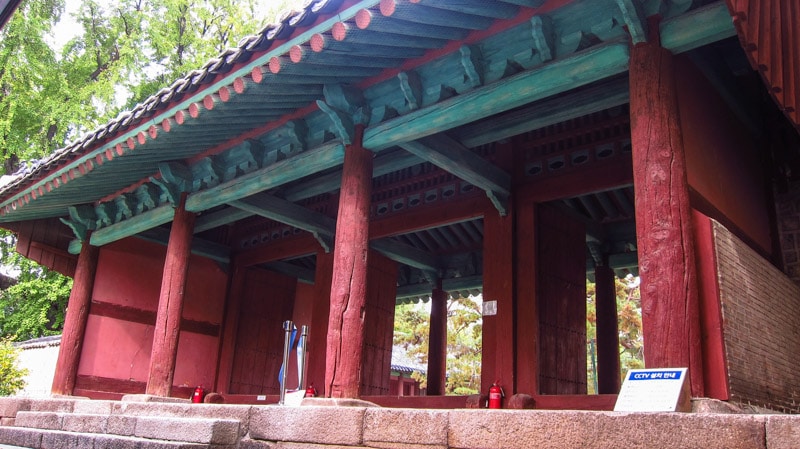
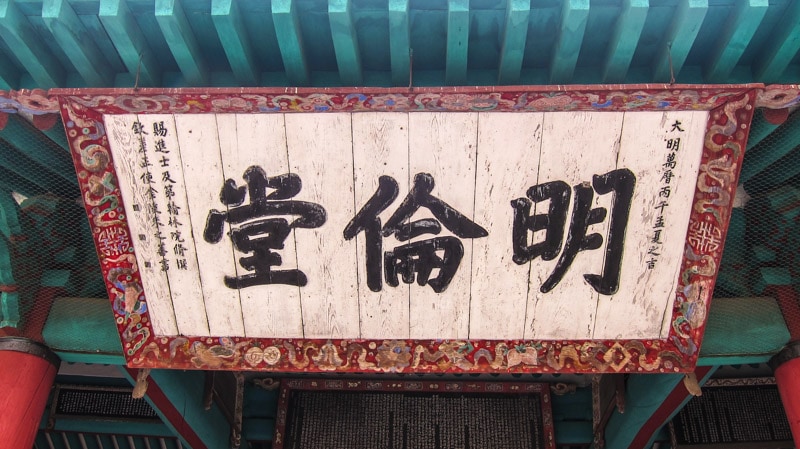
Seoul Munmyo Information
Hours
Admission
Free
Address
25-1 Seonggyungwan-ro, Jongno District, Seoul, South Korea
GPS Coordinates: 37.588270, 126.993651
How to Get Here
Take Subway Line 4 to Hyehwa Station (Exit 4).
After exiting, continue for 10 minutes towards Sungkyunkwan University.
Seoul Munmyo Video
Map
Nearby Sights
Huwon Secret Garden
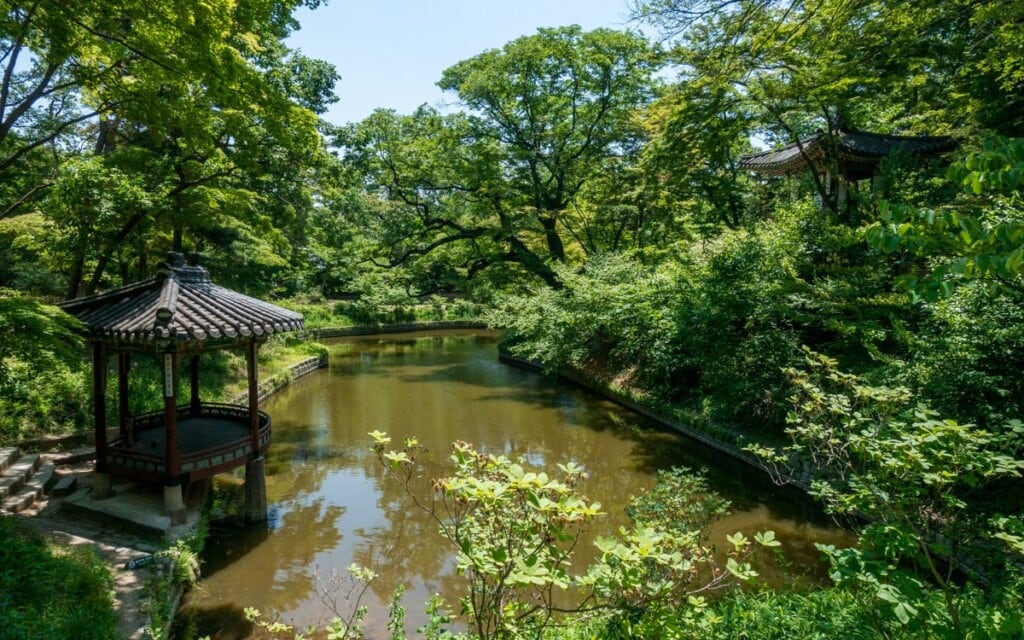
Huwon Secret Garden is a rear garden at Changdeokgung Palace that flows naturally with nature and was used as a place of leisure by members of the royal family. The garden, which has also been known as Bukwon, Geumwon, and…
National Children's Science Center
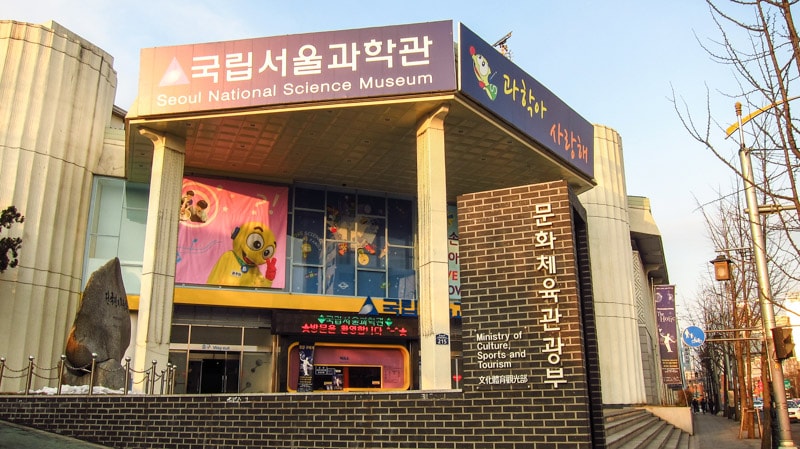
Just north of the main gate of Changgyeonggung Palace is National Children's Science Center which features interesting exhibits for both children and adults. This museum was formerly known as the Seoul National Science Museum. The museum which is often missed…
Daehangno Philippine Market
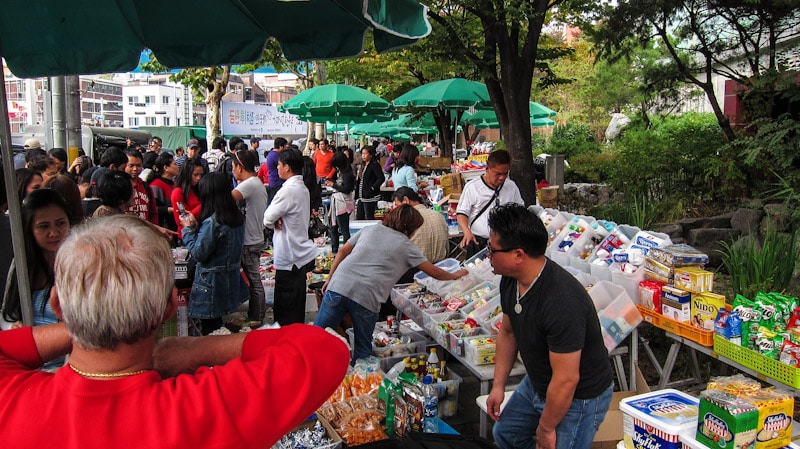
Daehangno Philippine Market is a unique Sunday street market in Hyehwa-dong that sells groceries, food, snacks, and other products from the Philippines. If you are looking for hard to find products of the Philippines, then this is your one stop…
Hyehwamun Gate (Honghwamun Gate)
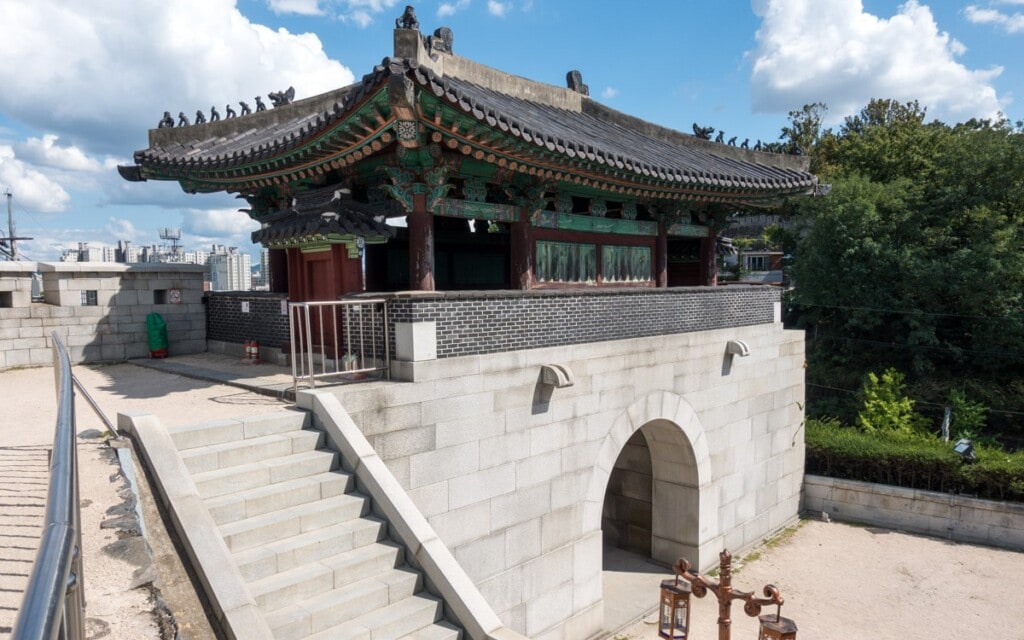
Hyehwamun Gate (Honghwamun Gate) is one four small gates found on the Fortress Wall that surrounds the city of Seoul. Hyehwamun literally means "Distribution of Wisdom Gate." When originally built during the reign of King Taejo in 1396, it was…
Daehangno (College Street)
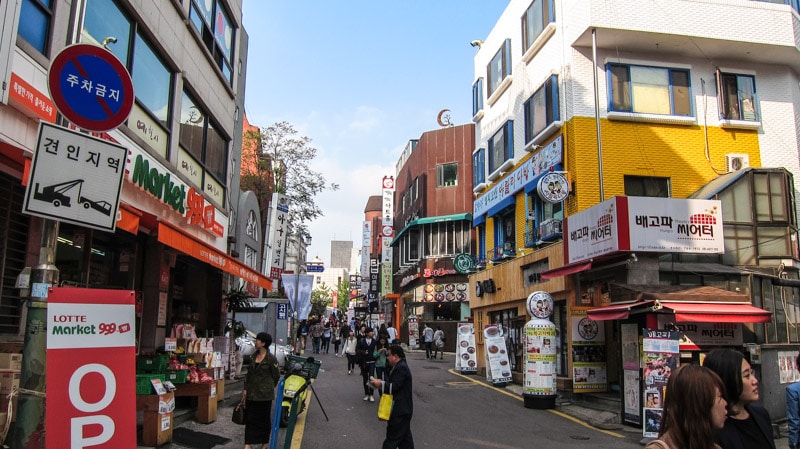
Daehangno, also known as College or University Street, is a popular youth culture area that is lined with small theaters. Seoul National University was once located here. This lively and youthful area is a great place to catch a show,…
Changgyeonggung Palace
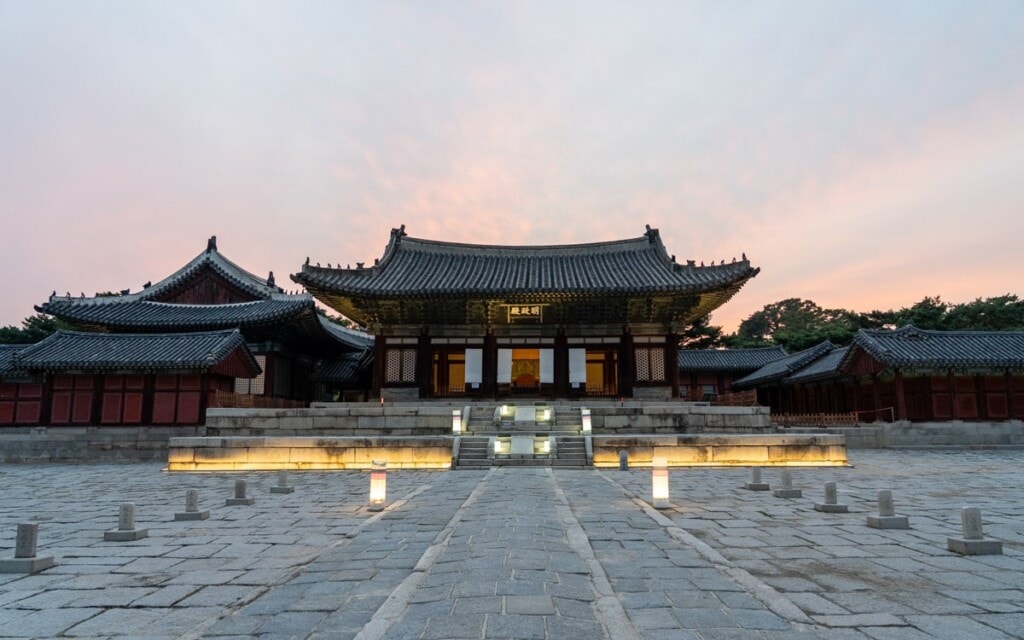
Changgyeonggung Palace, located in the heart of Seoul, has been used as a royal residence and and as a secondary palace for queens and the king's father. A summer palace known as Sunganggung was first built at this location in…
Last Updated on Mar 14, 2025